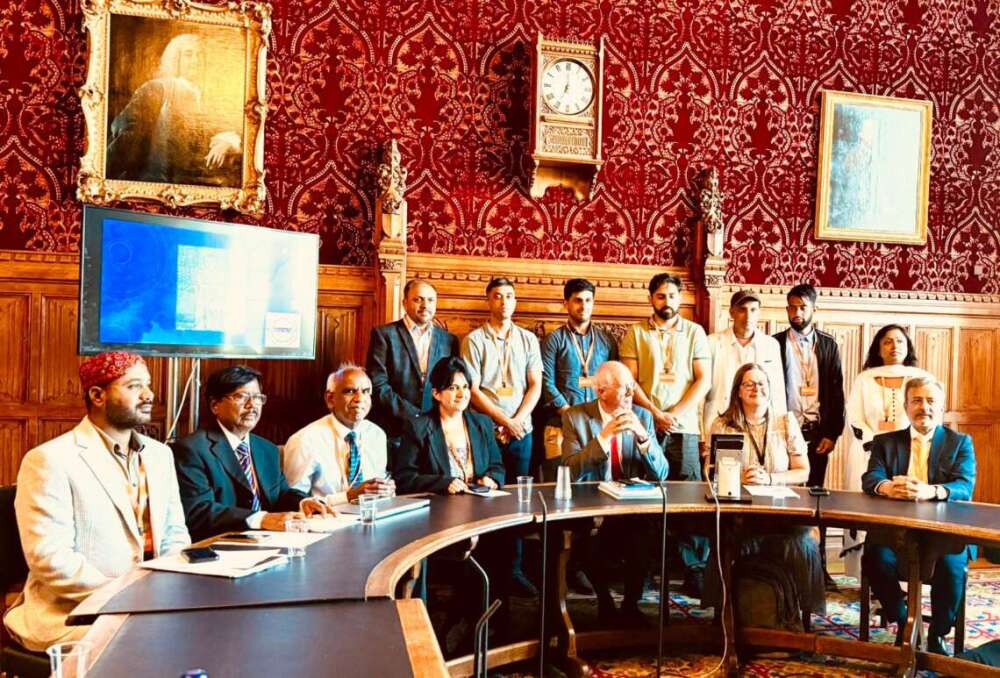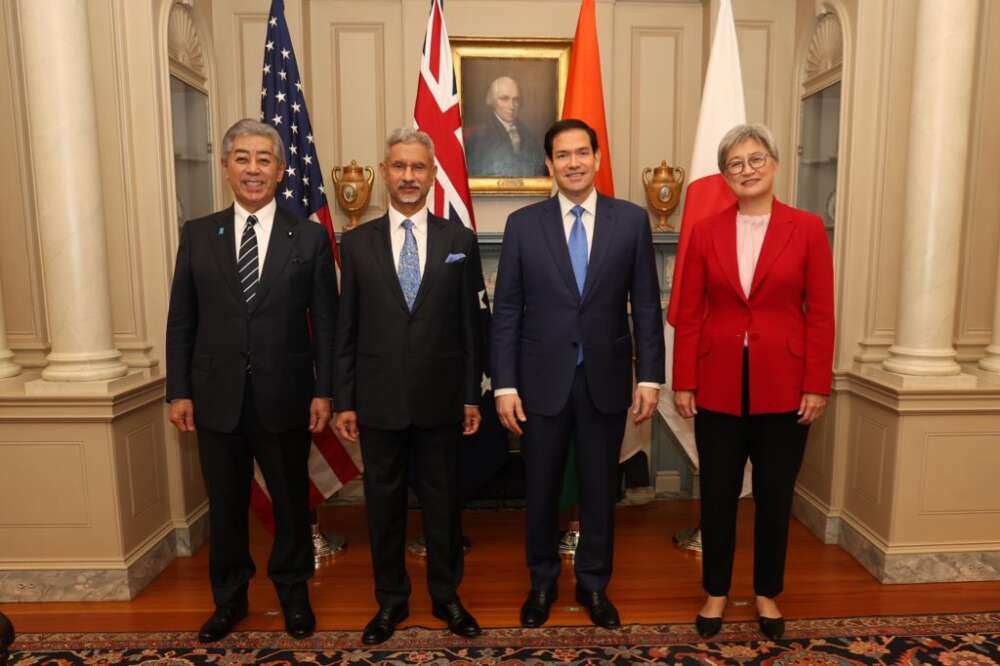Never in British politics has a leader’s authority and power vanished so quickly after such a historic triumph. This sort of backbench revolt takes place in the fourth or fifth year or more often in the second term…writes Mihir Bose

It is hard to imagine that it is a year since Boris Johnson carved out his great election triumph, turning the red wall blue and wining an 80 seat majority in Parliament. Then it seemed he really was King, something he has wanted to be since he was a child, and he could do what he wanted. For as long as he wanted. Now suddenly if the noises from the Tory back benches are to be believed Johnson is treading water. His plans for the new tiers faced opposition from his own MPs, some of whom voted against him and there are signs that future measures which curtail what we can do will face even greater opposition. Indeed, if the revolt grows he could be toppled. Never in British politics has a leader’s authority and power vanished so quickly after such a historic triumph. This sort of backbench revolt takes place in the fourth or fifth year or more often in the second term.
So why has this happened?
There are several reasons for it. First Johnson was never really liked by the party in Westminster. They saw that he could win elections and backed him. Then there is the Dom Cummings factor. A man who really did not like the Tories and is in some ways a revolutionary, albeit from the right, was allowed to seize power and dictate to elected MPs. Even a Prime Minister who has won a fantastic majority needs to cultivate his backbench MPs and having Cummings in charge did the exact opposite.

Also, what is now emerging even more is that Johnson can win elections but he is really not a man who knows how to govern. To lead a team you need someone who can work to a plan and take decisions. Johnson clearly has no such ability. He often comes out with ideas that make headlines but no sense. Remember as London Mayor his idea of building d a Thames Estuary airport, which became known as Boris Island, so as to avoid expanding Heathrow. He surrounds himself with people he gets on with and his team can often be a collection of individuals who have very conflicting aims and objectives. That it required the latest woman with whom he has had a child to intervene and make Cummings leave shows how chaotic his style of working is. At the end of the day he is a newspaper columnist. He has an idea in his head which he works into a fine, very readable piece of work but they are often sentiments he might repudiate in his next column. There is not one Boris Johnson but many Boris Johnsons and his Prime Ministership is showing you never know which one is going to turn up.

Add to this the essential contradiction of his appeal. Tory grass roots love him because they like his style and they feel he is just the sort of Tory leader they have always aspired to have. The one they imagined used to lead the party and has now returned in the shape of Johnson. But in reality his basic political inclinations are far removed from them. He is in many ways a Tory liberal when most of them are well to the right of politics. They would like to halt immigration, certainly people of colour, while Johnson is not fundamentally opposed to immigration. They are also instinctively much more ‘small state’: no spending, fond of austerity Tories than he is.

And this is where his electoral triumph has produced an extra problem. This has come with the takeover of the Labour heartland in the north and the midlands which has added a fair number of working class voters to the Conservative ranks. Now working classes voting Conservative is not a historic first. They did so in the 30s. But since the end of the second world war they have not done so in such large numbers. But as Labour has become more middle class and also now attracts a large slice of the university educated vote, what has been called the Islington class, Johnson has managed to move in and take over some of their former working class supporters. His promise to them has been that he will level up. In other words reduce the gap that exists between metropolitan London and the north.
The pandemic has meant all that has been put on hold. However once things return to what approaches normality again Johnson will need to cater to them and if he does not he may find that his dream of a long reign as King may indeed prove just that a dream. And, as in all kingdoms, it is the people nearest the monarch who will put the knife in.
Also Read – Modi Invites Boris As Chief Guest At Republic Day








